Soviet cinema, known for its rich storytelling and deep thematic explorations, often delved into philosophical questions. This curated list presents ten films that not only entertain but also provoke thought, offering insights into existential, moral, and societal issues through the lens of Soviet filmmakers. These films provide a unique perspective on life, ethics, and human nature, making them invaluable for anyone interested in philosophical discourse through the medium of film.
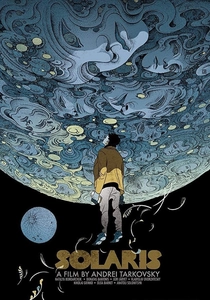
Solaris (1972)
Description: Solaris examines the human psyche and the nature of consciousness through the interaction between a scientist and a sentient planet, exploring themes of memory, identity, and the human condition.
Fact: The film was inspired by Stanisław Lem's novel and was remade in Hollywood in
 Watch Now
Watch Now
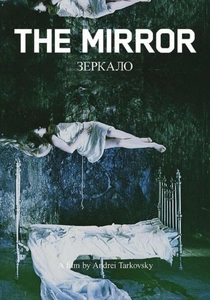
The Mirror (1975)
Description: A deeply personal film by Andrei Tarkovsky, it blurs the line between reality and memory, exploring themes of time, existence, and the impact of history on personal identity.
Fact: The film includes real archival footage of the Spanish Civil War, and Tarkovsky used his own childhood memories to craft the narrative.
 Watch Now
Watch Now

The Ascent (1977)
Description: Set during World War II, this film delves into the moral and existential choices faced by two partisans, highlighting themes of sacrifice, betrayal, and the human spirit.
Fact: It won the Golden Bear at the Berlin International Film Festival, making it one of the most acclaimed Soviet war films.
 Watch Now
Watch Now
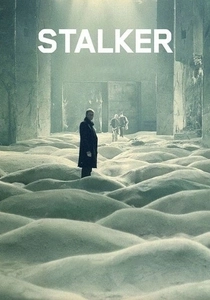
Stalker (1979)
Description: This film explores the concept of the Zone, a mysterious area where one's deepest desires can be fulfilled, raising questions about the nature of desire, free will, and the search for meaning.
Fact: The film was shot in Estonia, and the Zone was created using real industrial ruins. It was also banned in the Soviet Union for a time due to its perceived criticism of the state.
 Watch Now
Watch Now
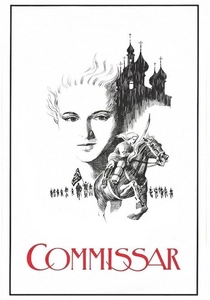
The Commissar (1967)
Description: A pregnant commissar is forced to stay with a Jewish family, leading to a profound exploration of motherhood, duty, and the human condition during the Russian Civil War.
Fact: The film was banned in the Soviet Union for 20 years due to its portrayal of Jewish characters, reflecting the era's censorship.
 Watch Now
Watch Now
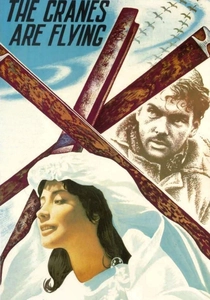
The Cranes Are Flying (1957)
Description: This film addresses the impact of war on personal lives, exploring themes of love, loss, and the philosophical question of what it means to live through tragedy.
Fact: It was the first Soviet film to win the Palme d'Or at the Cannes Film Festival, highlighting its universal appeal.
 30 Days Free
30 Days Free
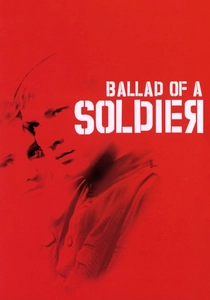
The Ballad of a Soldier (1959)
Description: A young soldier's journey home during WWII becomes a philosophical exploration of duty, love, and the value of human life amidst the backdrop of war.
Fact: The film was praised for its humanistic approach to war, focusing on the personal rather than the political.
 30 Days Free
30 Days Free

The Overcoat (1959)
Description: Based on Gogol's story, this film uses satire to explore themes of social injustice, the absurdity of bureaucracy, and the human need for dignity and recognition.
Fact: The film was one of the first Soviet films to openly critique the bureaucracy, reflecting the Thaw period's liberalization.
 30 Days Free
30 Days Free

The Pass (1975)
Description: A psychological drama about a man's journey through the mountains, symbolizing life's trials and tribulations, and the philosophical quest for self-discovery.
Fact: The film was shot in the harsh conditions of the Caucasus Mountains, adding to its realism.
 30 Days Free
30 Days Free

The Forty-First (1956)
Description: This film, set during the Russian Civil War, explores themes of love, duty, and the moral complexities of war, questioning the nature of heroism and sacrifice.
Fact: It was remade in 1927 and 1956, with the latter version being more philosophical in its approach.
 30 Days Free
30 Days Free









